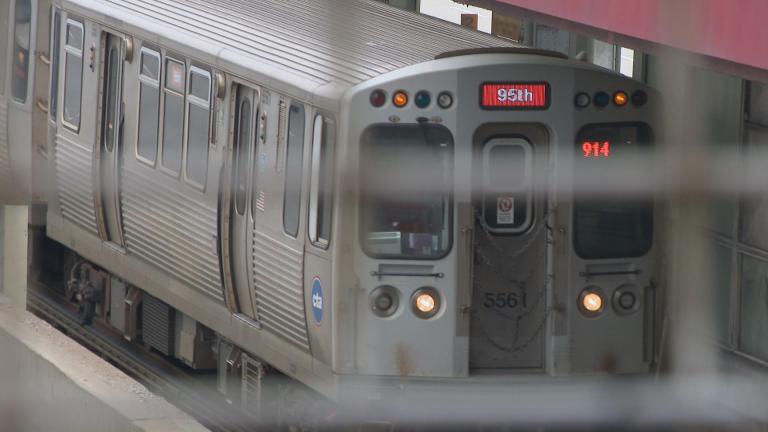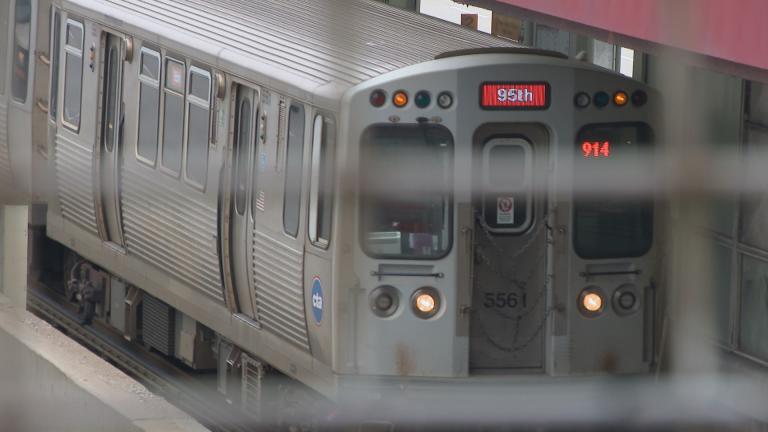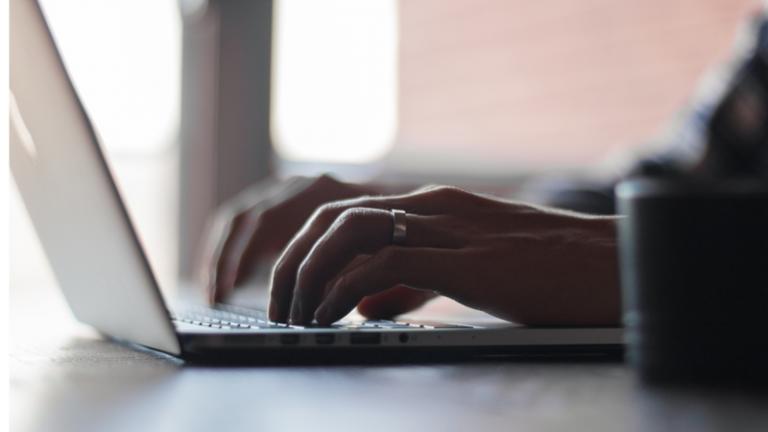
The delay in releasing the dash-cam video that shows the fatal shooting of Laquan McDonald has sparked protests for change in Chicago and a new bill in Springfield.
House Bill 4355 would amend the Freedom of Information Act to require law enforcement agencies to prove an exemption is warranted via a court order. Or, to put it another way: Videos that are requested via the FOIA would have to be released unless a judge determines they are exempt under FOIA and should remain confidential.
 Rep. Arthur Turner
Rep. Arthur Turner
“After the incident with Laquan McDonald and all of the details started to come out, I was having a discussion with Rep. David McSweeney and we were just trying to brainstorm and come up with ideas to procedurally change or have some effect on how cases like this are handled in the future, in particular around the video footage,” said Rep. Arthur Turner, who introduced the bill last Friday. “It was in the midst of that discussion that we came up with an amendment to FOIA.”
[City Releases Laquan McDonald Shooting Video]
“The bill amends FOIA as it relates to in-car videos or officer-worn body-camera recordings where law enforcement officials are involved with discharging a firearm or an officer-involved death. Any in-car video or body-cam recordings should not be exempt from inspection unless exempt under the Freedom of Information Act.”
There are nine exemptions to FOIA requests, including information compiled for law enforcement purposes that could interfere with enforcement proceedings, deprive a person of a right to a fair trial or an impartial adjudication and would disclose techniques and procedures for law enforcement investigations or prosecutions.
[Chicago Police Officer Involved in Laquan McDonald Shooting Charged with Murder]
 Rep. David McSweeney
“What we’re trying to do is amend the Freedom of Information Act to make it easier for the public to gain access to body cams and dash-cam videos,” McSweeney said. “Right now if you make that request, you could be denied based on an exemption by an administrative officer. Under our bill, the next step would be for police to go to court and to ask for the tape to be kept confidential and not released by a judge.”
Rep. David McSweeney
“What we’re trying to do is amend the Freedom of Information Act to make it easier for the public to gain access to body cams and dash-cam videos,” McSweeney said. “Right now if you make that request, you could be denied based on an exemption by an administrative officer. Under our bill, the next step would be for police to go to court and to ask for the tape to be kept confidential and not released by a judge.”
The FOIA officer would still have to act within five business days, according to Turner, and then a judge would make a determination as to whether or not the video should remain confidential. While the bill requires “the court to conduct an expedited hearing on the applicability of the exemption asserted,” there is no time limit within which that determination must be made, Turner said.
Since the bill’s introduction late last week, it has garnered bipartisan support.
“I think regardless of the side of the aisle you’re on, we all want to restore the public trust in the system, establish accountability and transparency, and I think that’s what this bill attempts to do,” Turner said.
“My view beyond transparency, I think it’s a necessary step to restore complete confidence in the Chicago Police Department,” McSweeney said of the bill. “As a supporter of police, I think this transparency measure, I think as part of other reforms, will help restore complete confidence in the police department.”





